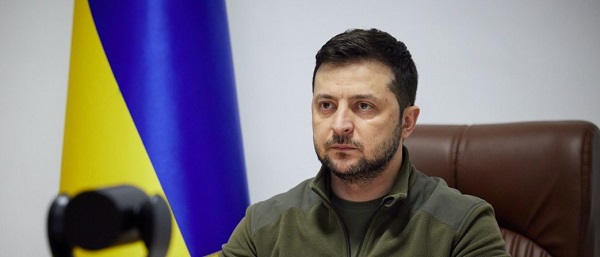By Matt Taibbi
The “Invisible Presidency” is an all-time criminal, and must not be allowed to flee
I saw His Majesty myself about half past twelve o’clock. His conversation was so hurried, and, though not unconnected or irrational, so unlike his ordinary manner that I certainly should not have thought it proper to have taken his signature or his pleasure to any Act.
— Spencer Perceval, Chancellor of the Exchequer, in an 1810 letter about King George III
King George III went mad as a March hare, talking until he foamed at the mouth, writing 400-word sentences, threatening to “befoul himself,” holding conversations with imaginary people, and insisting he had power to reanimate the dead. Contemporary notes often describe him “in restraint” and “lost in reverie.” His last, worst phase began in 1810, his 50th in power, a jubilee year requiring constant public appearances. The Last King of America by Andrew Roberts shows it can be done:
No fewer than 650 public events — parades, receptions, luncheons, bonfires, firework displays, illuminations and the like — took place in England alone; there were many more across the rest of the United Kingdom and in the empire beyond.
Joe Biden said goodbye to America Wednesday night. The most controversial part of an otherwise weirdly half-assed address (maybe his writers have stopped caring?) was a warning. “Today, an oligarchy is taking shape in America of extreme wealth, power and influence,” he said, a “tech industrial complex” that “literally threatens our entire democracy.”
Biden always loved the word “literally.” He’s been misusing it for decades, from “we literally can’t survive” four more years of Bush policy, to the 2008 election winner having an opportunity “literally to change the direction of the world,” to Barack Obama’s story being “literally incredible,” to saying he’s “literally rebuilding our entire nation,” and on and on. With Bidenterms like look, here’s the deal, let me tell you, I promise you, and C’mon, Biden says “literally” often enough to make “Word Crimes” singer Weird Al Yankovic want to “literally smack a crowbar upside your stupid head.” Here, it’s at least a sign that Biden might have added to the speech on his own.

Most all Biden speeches are acknowledged (Lincoln, Obama) or unacknowledged (Neil Kinnock, John Kennedy) homages to other politicians. This last one Biden attempt at an Eisenhower impersonation is backward. We’re warned about an “oligarchy,” which Webster’s defines as “a government in which a small group exercises control especially for corrupt and selfish purposes.” He tries to tag disobedient billionaires like Elon Musk, Marc Andreessen and Mark Zuckerberg (as opposed to Reid Hoffman, Bill and Melinda Gates, Steven Schwartzman, etc.) as this new oligarchy, but there’s one even closer to home, which Biden later in the speech referenced:
In the years ahead… it is going to be up to the president, the presidency, the congress, the courts, the free press and the American people… I still believe in the idea for which this nation stands… Now it’s your turn to stand guard.
Biden’s possibly ad-libbed distinction between “president” and “presidency” was the most inspired line of his political career. America just went through four years in which the public was conned into viewing two stories as one. The first was about Joe Biden the human being, a disintegrating flesh-and-blood patsy, conscripted to such a miserably slapstick public regimen that it was impossible not to feel sorry for him. The second was about the presidency, which for years now has been like the eponymous Claude Rains villain in The Invisible Man: an unseen monster.

For four years, while Buster Keatonesque videos of stumbling, tumbling Biden filled social media, just a handful of clues leaked about the ethereal “Presidency” running the American superpower. The latter existed separate from Biden and is scheduled to slither aside Monday. It exits on a bitter note, blaming an “avalanche of misinformation and disinformation” (not enough censorship) for its inability to be re-elected while strapped to a corpse. It hopes to get away unseen and probably will, as reporters prepare to chase the great baited hook that is Donald Trump. It’s too bad James Whale is dead, since this monster’s story will make a great horror movie someday.
Here are two sincere notes of farewell, to the hapless shrinking man Joe Biden, and to his more powerful partner, the “Presidency” :
Related



















